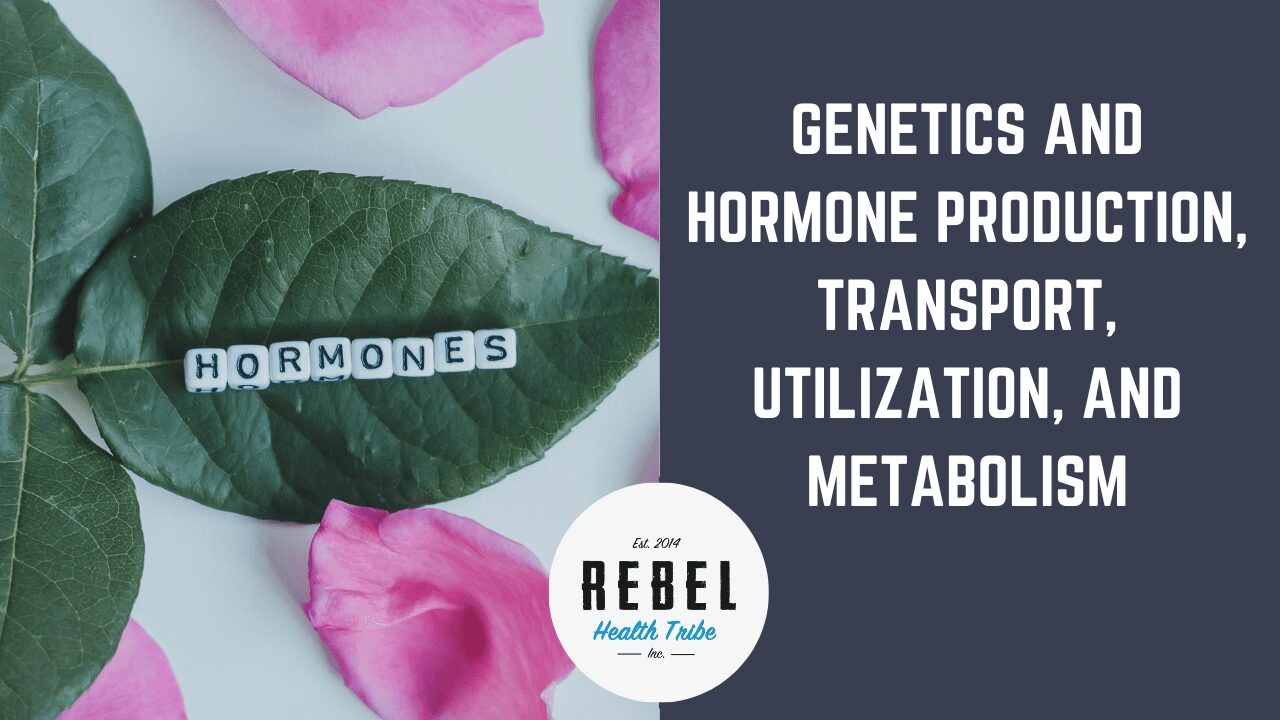
Genetics and Hormone Production, Transport, Utilization, and Metabolism
Our genetics play a larger role in our hormones than most people
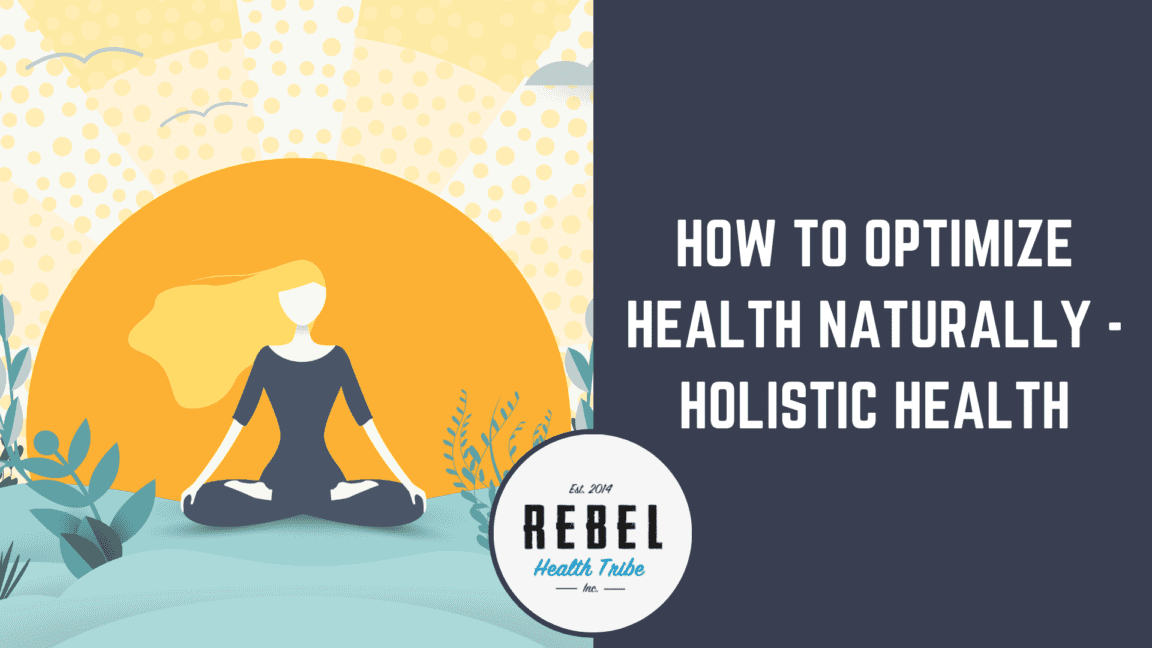

Our genetics play a larger role in our hormones than most people
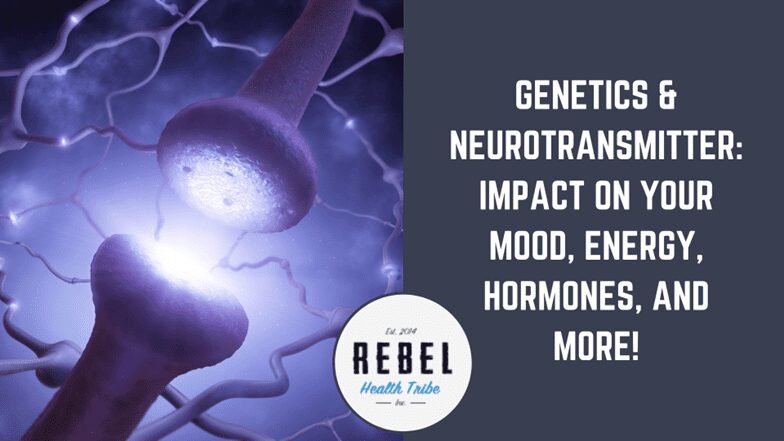
Have you wondered why an antidepressant didn’t work for you? Have you
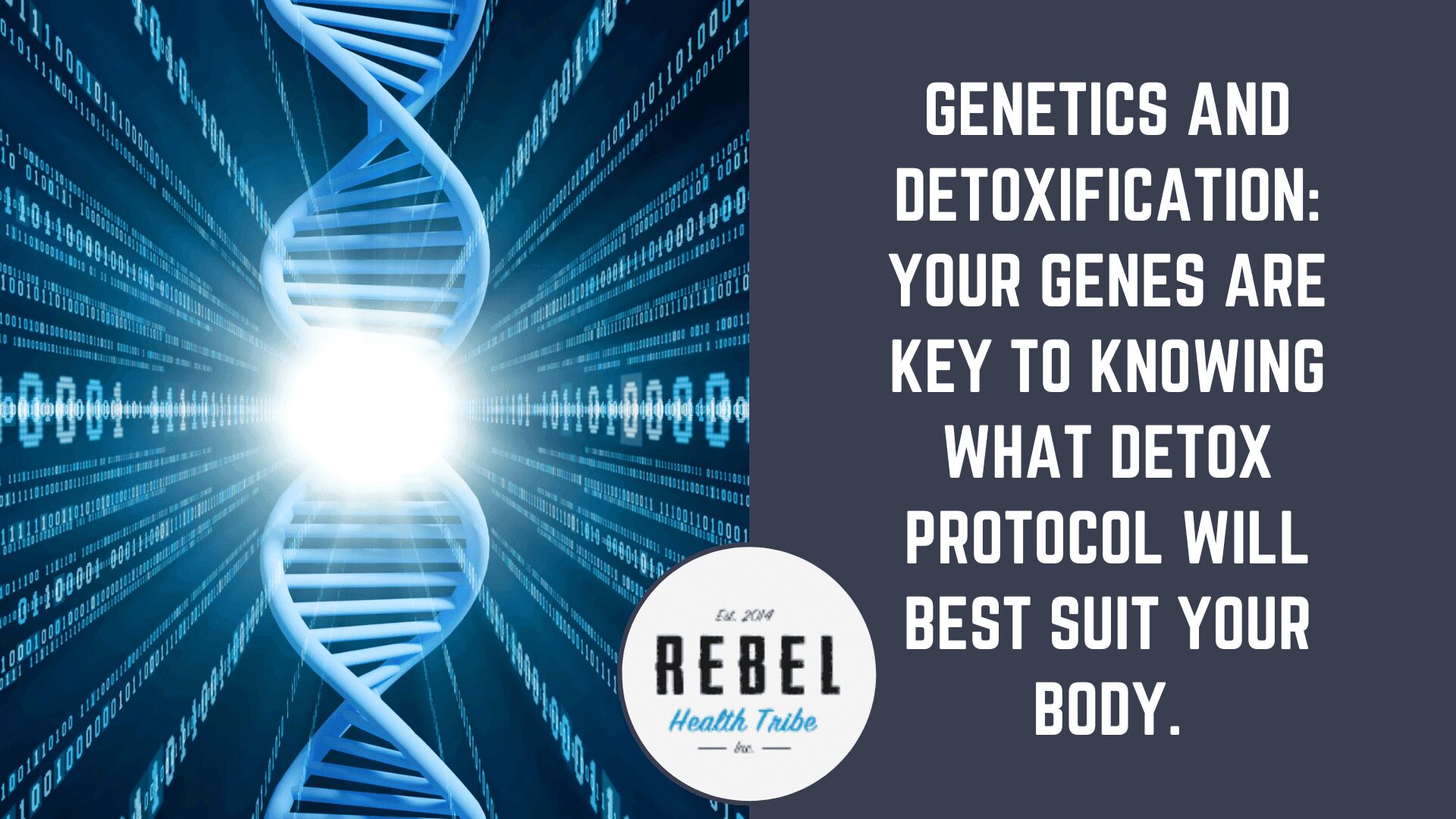
https://vimeo.com/821487331 If you’ve ever bought a detox kit off a shelf
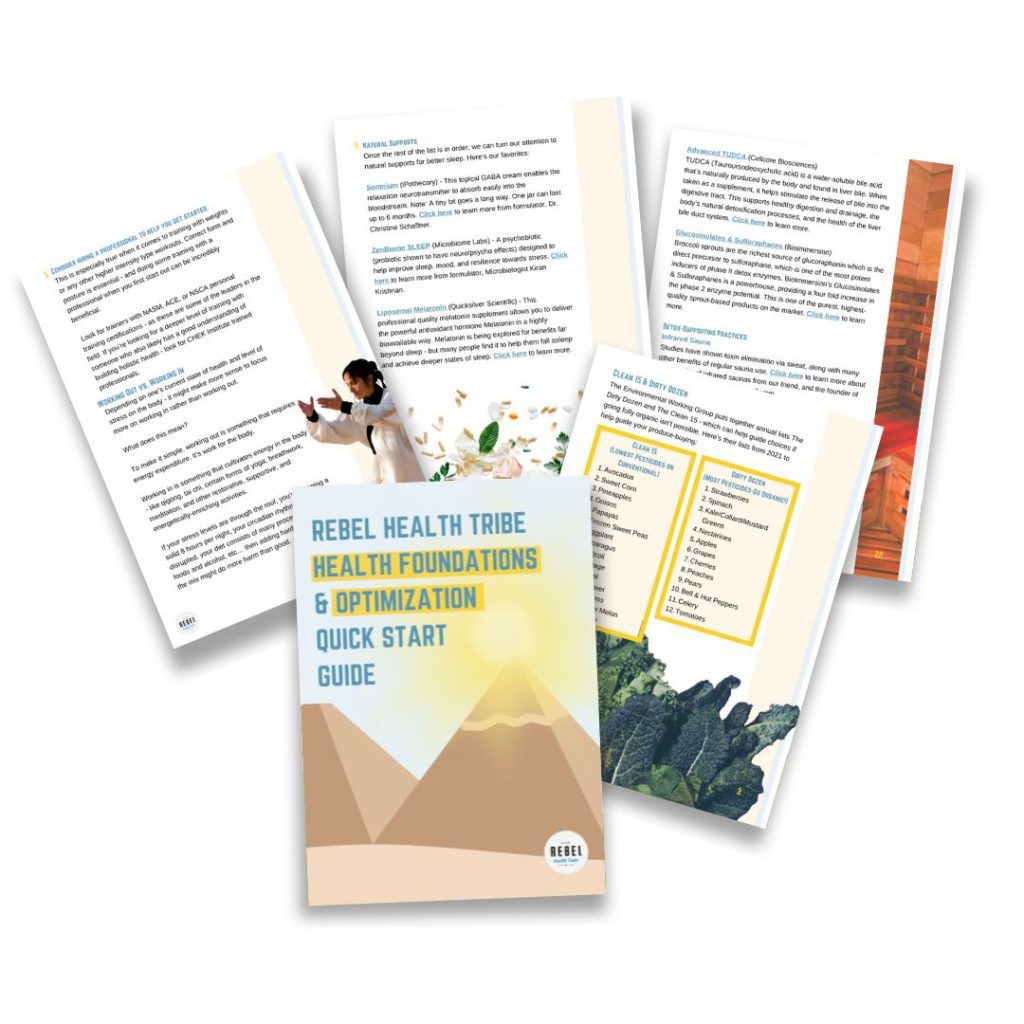
Optimization Guide
Optimal health is about so much more than what you eat or how much you weigh. We live in a culture obsessed with appearance, but even fit people can be unhealthy. Despite the mixed messages around us, what most truly want is not just to look our best but also to feel our best and be the best version of ourselves.
Holistic health is a term that encompasses all the different aspects of well-being. In contrast with today’s quick-fix wellness culture, holistic health focuses on the whole self. It acknowledges that you are more than your body, the food you eat, or how many workouts you do a week.
Everyone wants to feel well. It’s easy to get caught up in fancy programs that promise to improve health. Things like lab testing, restrictive diets, and elaborate protocols tout themselves as miracle cures. But in the end, they all fail to deliver the kind of health we need.
The truth is very simple. The foundational lifestyle habits that promote holistic health remain some of the most basic. A quick-fix fad can never replicate a lifelong journey towards optimal health.
So, let’s look at what holistic health means and how you can start your journey today. We’ll delve into:
Your physical body is pretty amazing. But, it isn’t your entire being. Humans are a complex web of physical systems, mental aptitudes, emotional experiences, and spiritual dimensions.
Each part of what makes you, “you” is involved in what it means to be a healthy person. While people tend to identify most with their physical body, a holistic picture of wellness encompasses so much more.
Health is not just what you eat, how you exercise, or what supplements you take. It’s what you think, the relationships you have in your life, the quality of connection you experience, your interaction with the natural world, how you breathe, the quality of your sleep, how much rest you get, how much purpose you feel in your life, and the list could go on.
Some of the essential aspects of a holistically healthy lifestyle include:
Don’t let this list discourage you. Perfection is not the goal of any health journey—only progress. No matter your ability, income, time, or experience, there are endless ways to invest in holistic health.
When first starting out, focus on the areas that feel easiest. Set yourself up for success, and you may find the momentum for a healthy lifestyle building. Each step forward, no matter how big or small, brings improvement.
Let’s look at each of these aspects of health more in-depth.
Food is one of life’s pleasures. It is how we fuel, nourish, and care for our bodies and an important way we connect with the people and culture around us.
In the most fundamental ways, food sustains us.
Because of its profound impact on our physical health, diet and nutrition play an integral role in a holistic lifestyle. The health of the physical body trickles down to every other aspect of our being.
The topic of diet and nutrition could cover many volumes of work. But if we were to simplify it to its foundation, a healthy diet might look like this:
“The foundational lifestyle habits that promote holistic health remain some of the most basic. A quick-fix fad can never replicate a lifelong journey towards optimal health.”
The foods you choose are important, but they are not the only influence on nutritional health. The timing of when you eat, the peacefulness of meal times, how quickly you eat and chew, and even your emotional state impact how your diet contributes to holistic health.
In addition to food, some supplements support nutritional health. Here are some of our favorites:
Our modern culture has glorified sedentary lifestyles at the expense of well-being. Today’s people move less than ever before, and the effects are apparent in our rates of chronic disease and obesity.
The human body is made to move. Movement and exercise improve physical fitness and boosts mental and emotional states. If you’ve ever gone for a jog or a long walk, you’ve likely experienced the mood-lifting effects of moving your body.
For most people, the key is finding a type of movement that works for them. That is based on your physical condition, movement goals, what you enjoy doing, and what’s sustainable in the long term.
An active lifestyle doesn’t have to mean hours spent at the gym. Structured exercise programs are a great option for some people. But for others, they hold little appeal. The goal of holistic movement is to integrate physical activity into your everyday life.
Here’s what that might look like:
If you’re new to movement, getting professional guidance in building a foundation of physical fitness is worthwhile. Often people decide to “get in shape” and end up injured or discouraged because they did too much too fast. Start slow, honor your body, and above all, keep moving.
Sleep is an often overlooked piece of holistic health. The hours we spend asleep every night do more than just give us energy for the next day.
Your physical, mental, and emotional state quickly decline without the right quantity and quality of sleep. Beyond being tired and cranky, lack of sleep increases your risk of disease and illness as you miss out on necessary healing and repair.
Deep sleep, which includes time in REM cycles, repairs the body at the cellular level. Sleep plays a critical role in cellular mitochondria function. Mitochondria are the powerhouse of the cell. They turn the food we consume into usable energy.
In the absence of good quality (and enough!) sleep, mitochondria function is impaired due to oxidative stress. In individuals who are chronically sleep-deprived, their mitochondria appear as much as 10 years older compared to those who sleep well. A good reminder that holistic health is essential for not only disease prevention but longevity.
Sleep deprivation is endemic in the US. And for many people, it simply comes down to lifestyle choices. Too many of us try to live as though we aren’t tied to the rhythms of the natural world. But, your circadian rhythm is essential to holistic health.
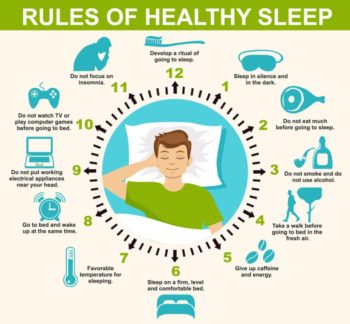
Circadian rhythm is the internal clock that governs all the body functions that occur in a 24-hour period. All life on earth follows a circadian rhythm, and humans are no exception.
Many factors influence your natural circadian rhythm, disrupting your health and well-being. From inflammation to heart disease, altered circadian rhythm increases the risk of many health problems.
Your holistic health journey should include establishing a foundation of good sleep habits. Here are some ways to get started:
For a more comprehensive look at sleep and circadian rhythm, click here.
It may seem simple, but daily sunlight is integral to the recipe for holistic health. Your body needs exposure to the sun’s rays to produce vitamin D, regulate circadian rhythm, and potentially even reduce the risk of illnesses such as cancer, diabetes, and MS.
This doesn’t mean you should become an extreme sunbather. Time in the sun needs to be managed to avoid sunburn. However, regular, reasonable skin exposure to sunlight should be considered part of a healthy lifestyle. Be smart about it, but don’t be afraid of the sun.
Mental health impacts many other areas of holistic wellness. If you feel stressed and anxious, it’s difficult to prioritize eating well, moving your body, or getting a good night’s sleep.
Psychological stress takes a toll on physical health. Chronic stress contributes to difficulty sleeping, altered mood, anxiety or depression, fatigue, inflammation, and a host of physical ailments.
You can do everything else right, but if you are under continual stress, your body will suffer.
Stress is an unavoidable part of life, and everyone needs a plan for how to deal with it. To care for mental health, stress management is non-negotiable.
Healthy strategies to manage stress might look like:
For a comprehensive look at managing stress, click here to read our Stress and Sleep cornerstone article. Our brain and neuro masterclass is another excellent resource for understanding how stress impacts the brain and overall health.
Food isn’t the only thing that enters our bodies. Environmental toxins exist all around us, in our air, food, water, and soil. These often invisible chemicals and substances are anything but benign.
Everything from our clothing to our cookware is a potential source of environmental toxins. Over time, these substances build up in our bodies and negatively affect health. Conditions such as asthma, cancer, allergies, fertility issues, neurological disease, and metabolic dysfunction may be influenced by toxin exposure.
Limiting your exposure to toxins is no easy task. But, there are ways to clean up your personal environment to reduce the toxin load on your body.
For an in-depth look at environmental toxins, where they hide, and how to avoid them, click here – with more coming soon! Also, check out this podcast episode with Lara Adler, an expert in the field of environmental toxins.
It’s easy to focus on caring for your physical body. But, the other aspects of your being are equally in need of attention. Nurturing your mental, emotional, and spiritual self takes practice, but you can’t be truly healthy without it.
The options to support these three areas are truly endless. Here are a few ideas:
Mental Health
Mental health most often refers to stress management and care of mental illness. But your mind has needs beyond reducing stress. The brain thrives on mental stimulation, creativity, inspiration, and new experiences. Holistic mental health incorporates practices that challenge and nurture your mental capacities.
Emotional Health
Humans are not only thinkers, but we’re also feelers. The range of human emotions is universal and complex. Learning to accept and work through emotions is the journey of a lifetime.
Emotional health is a product of your upbringing as well as your choices in adulthood. While you can’t control how you were raised, it’s never too late to invest in the necessary skills to manage emotions.
Spiritual Health
Nurturing spirituality can mean many different things. For some people, organized religion is an essential and deeply meaningful part of their holistic health. Others experience spirituality through connection with the natural world or the love of their families.
Spirituality helps you find meaning and purpose in life. It also cultivates acceptance and the courage to face the inevitable things in life that are out of our control. Spirituality is essential to being human, yet many people find themselves stuck when it comes to exploring this part of life. Here are some ways to get started.
Nature has the ability to heal and restore all aspects of our being. Dr. Maya Shetreat is a leading expert on the health benefits of connecting with the natural world, including the practice of “forest bathing.” Check out her book “The Dirt Cure” for a deep dive on this topic. She has also been featured in our masterclasses.
Time outside should be part of your daily life. Even better, disconnect from your phone while in nature and really soak up the sights, smells, and sounds of the natural world.
People were not made to be alone. Humans naturally crave connection with others, and one of the best parts of life is the love and care of our family and friends. Healthy relationships enhance well-being and can even help you live longer.
The quality of your social connections matters. Here are some healthy lifestyle habits to nurture this important aspect of health.
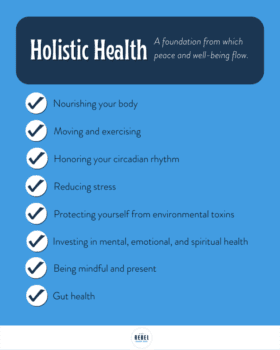
There is a reason why mindfulness and meditation practices are so popular. Long-term practitioners experience many benefits and not only to the peacefulness of their minds.
These ancient mind/body skills also enhance physical health. Research links meditation and mindfulness with better sleep, less anxiety and depression, improved blood pressure, pain control, and help in losing weight.
Mindfulness refers to the practice of being more present in your daily life without judgment. By cultivating awareness and attention, mindfulness connects you with the present moment and enhances your experience of the here and now.
Meditation involves specific techniques that hone concentration. The more you practice these concentration techniques, the easier your brain can enter a meditative state where you experience a mind/body connection more fully. The brain waves generated during meditation induce relaxation and reduce stress.
These are powerful tools for holistic wellness. If you are new to these practices, we recommend some of these resources:
Our modern understanding of trauma has opened a new world of healing and possibilities. The brain and body are deeply intertwined, and traumatic experiences impact all aspects of being.
When someone experiences a traumatic event, their body and brain respond in unique ways beyond conscious control. The long-term effects of those adaptations can have health consequences far into the future. In addition to the toll trauma takes on mental health, physical health issues such as autoimmune illness, heart disease, stroke, and even cancer are possible outcomes.
Your physical, mental, emotional, and spiritual health is a product of your genetics, choices, and life experiences. It may be difficult to move forward on your health journey without resolving trauma from your past.
Depending on the trauma you’ve experienced, different types of recovery may be appropriate. In general, trauma recovery is best undertaken with a skilled healthcare professional. We recommend looking for someone trained in one of the following:
“Despite the mixed messages around us, what most truly want is not just to look our best but also to feel our best and be the best version of ourselves.”
Last but not least, holistic health depends on gut health and the balance of your microbiome. As incredible as it may seem, your gut is the foundation of all other aspects of your physical, mental, emotional, and even spiritual wellness.
Your gut is host to a diverse community of microorganisms (the microbiome) that play an integral role in protecting you from infection, reducing inflammation, aiding digestion, and protecting you from disease. Your gut also shares a unique link to your brain, meaning the health of your digestive system and microbiome impact your nervous system, mood, and sense of well-being.
We believe gut health is so pivotal to holistic health we created an entire Masterclass devoted to the microbiome. Check it out here.
A healthy diet is one of the starting points for improving gut health. Your microbiome relies on a balanced diet high in inflammation-fighting foods, fiber, and nutrients. Some of the best foods for gut health include:
For many people, a quality probiotic can significantly improve gut health. If you’re someone who has been eating the Standard American Diet (SAD) for decades, you may have a lot of repair work ahead of you. A probiotic can help.
Made up of live, active cultures of bacteria and yeast, the best probiotic for gut health promotes diversity and the health of good microorganisms.
Here are a few we love:
PEMF (pulsed electromagnetic frequencies/fields) – great for pain management, inflammation, microcirculation, and other benefits
Red Light Therapy/Near Infrared – tons of research-backed benefits, please include some. favorite products are from Red Therapy Co.
Ozone Therapy – (Webinar HERE and favorite site for home ozone therapy is Simply O3. Widely used health intervention around the world with decades of research behind it.
Heartmath – Over two decades of research support this life-changing technology focused on cultivating heart-mind coherence and optimal heart rate variability (HRV).
Infrared Sauna – Sweating is one of the body’s prime means of elimination – and the longevity-related benefits of saunas are well-documented.
The idea of holistic health can be daunting. It is not a destination you arrive at all at once. It is a life-long journey that brings joy and purpose to your life. More than anything, holistic health is a foundation from which peace and well-being flow.
Don’t get overwhelmed. Take it step by step and allow your health to grow in every area. And if you’ve been on the holistic health journey for a while, it’s always good to return to the basics. Your foundation sustains you and becomes the source for all your future living.
Optimization Guide
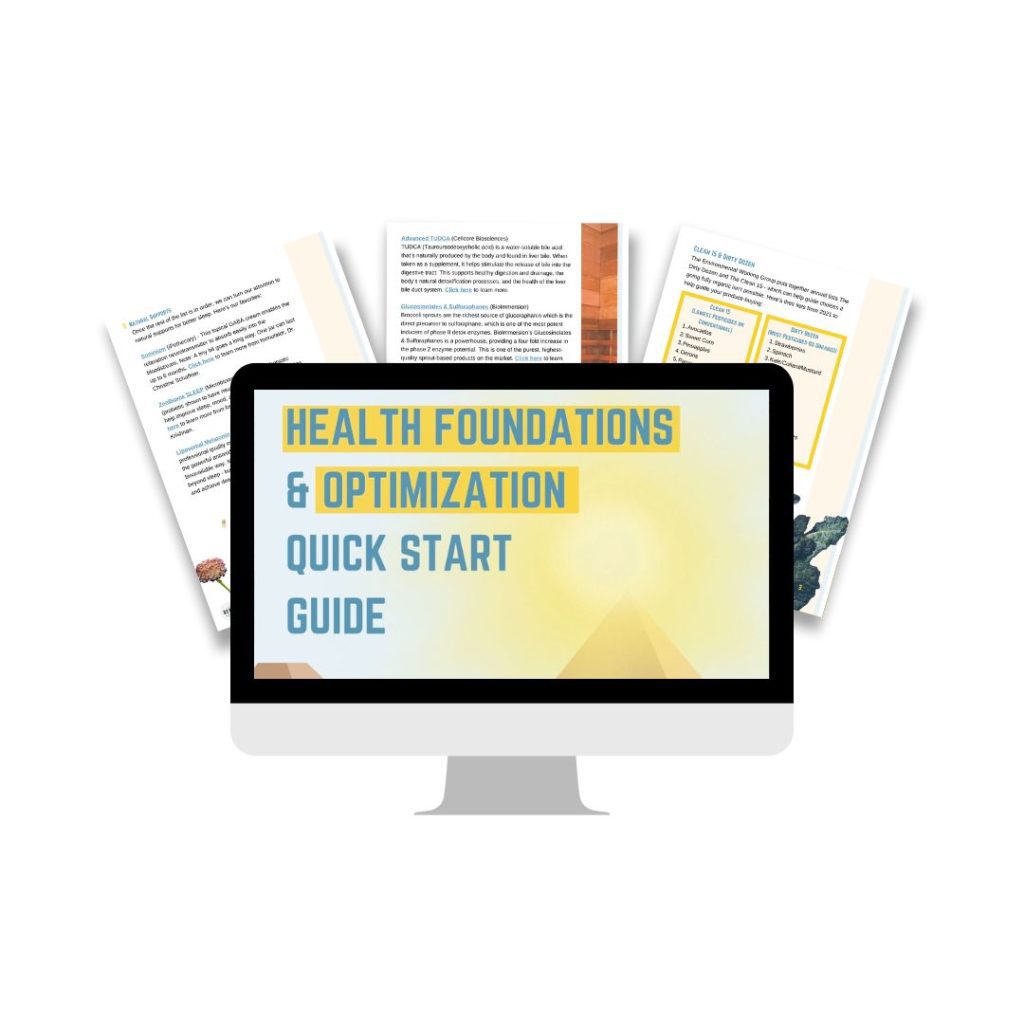
An Exclusive Course with 10 Years of Microbiome Knowledge Build Your Resilient Gut: Microbiome & Beyond
If you’ve ever wanted all of Kiran’s best content in one place, here they are!
The toxicity and Detoxification Masterclass covers a wide array of topics with the following guests:
19 Leading Experts Share Cutting-Edge Science, Effective Practices, and Clinical Strategies to Optimize Brain & Nervous System Health in Kids and Adults
Autoimmune Masterclass brings together 17 of the world’s leading doctors, researchers, and experts on autoimmune diseases who each present their own mini-class on autoimmunity.
Be the first to get access to special offers, new podcasts, courses, products and events from Rebel Health Tribe.
MegaSporeBiotic is a probiotic blend of 5 Bacillus spores that have been shown to maintain healthy gut barrier and immune function.